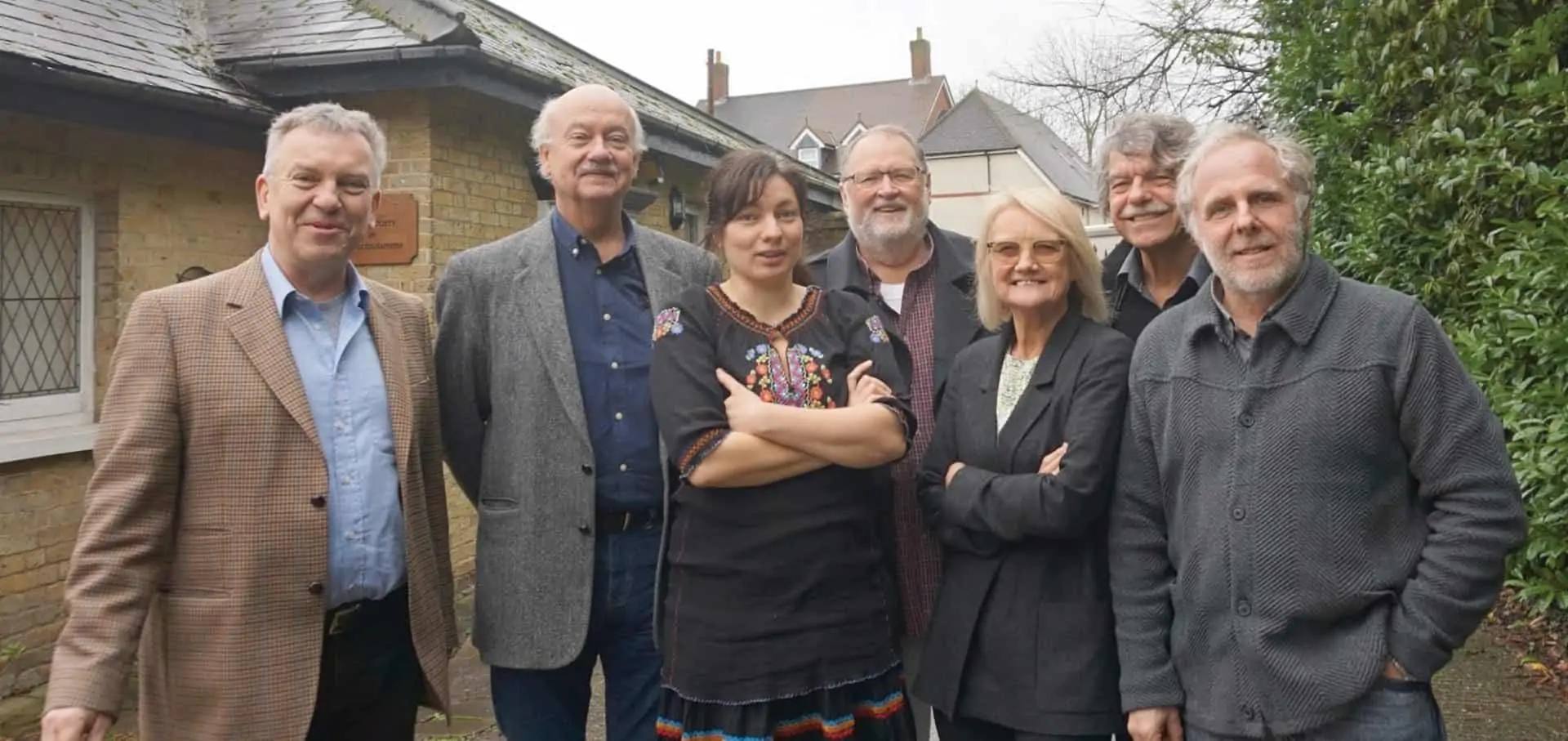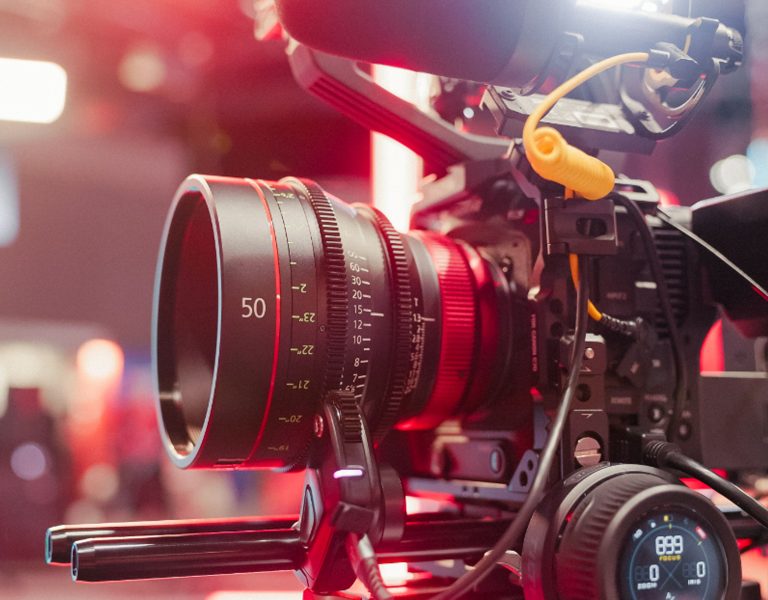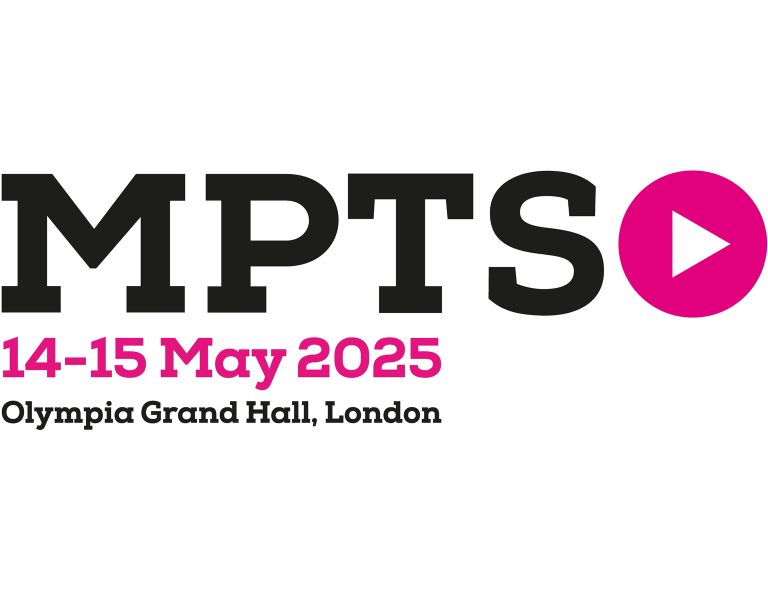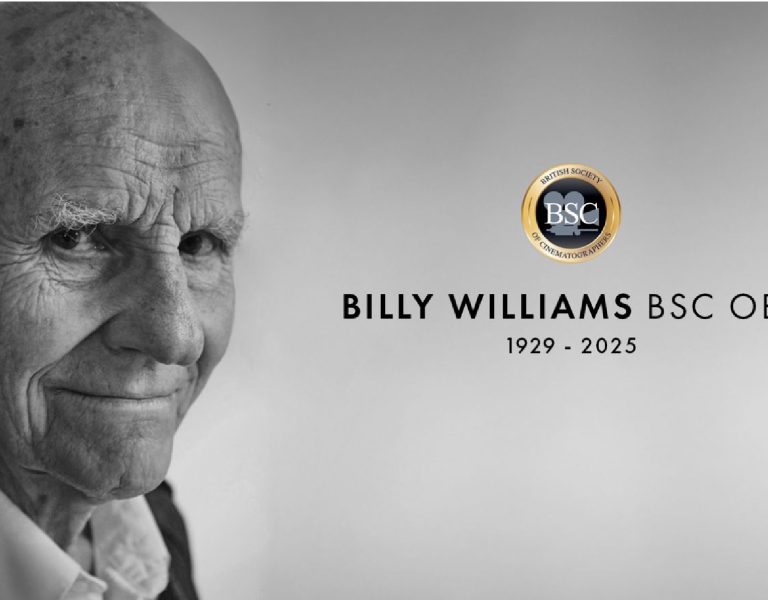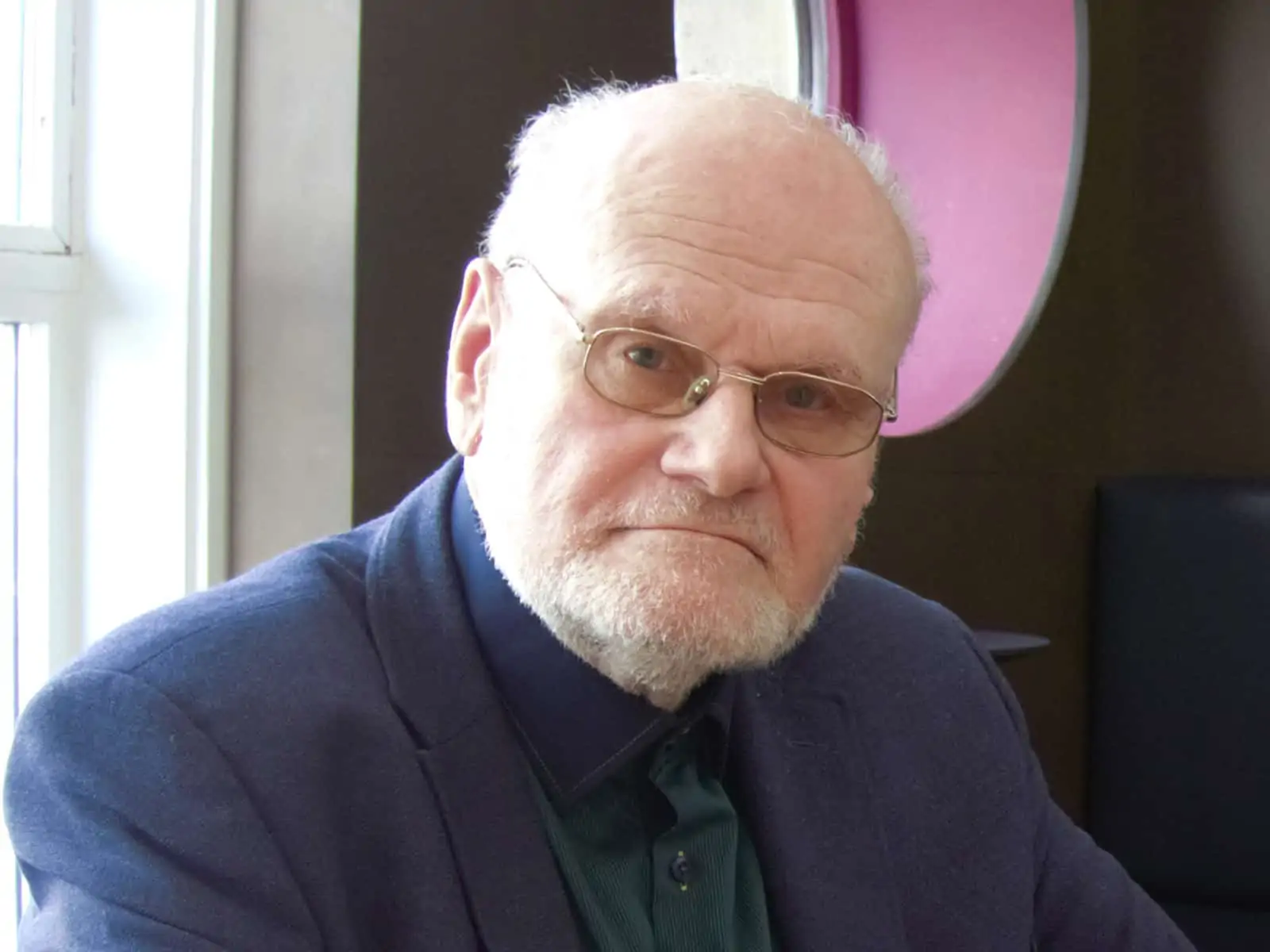
The pandemic has brought unfair working conditions to the forefront and could teach the valuable lessons to ensure a more humane future for those in the film and TV industry, says Kurt Brazda, Chair, IMAGO Working Conditions Committee.
The current pandemic has shown us the vulnerability of our industry with relentless severity. Cancellations and interruptions of productions have given employees and freelancers major existential problems. Working in film and TV requires physical closeness in cooperation with the team and with all departments. Continuous testing and isolation can never guarantee full protection, especially at a time when the virus is becoming more and more contagious.
We have experienced that the pandemic not only makes unfair working conditions more visible but also intensifies them. It seems as if production companies simply shift the entrepreneurial risk, admittedly higher in COVID times, onto their employees. On the other hand, many colleagues do not dare to defend themselves against it because they are not only afraid of losing their job, but also not being employed in the future. Unfortunately, blacklisting is a typical phenomenon in neoliberal times to prevent people from claiming their rights through fear. In many countries the trade unions are too weak to enforce these rights. The state must be held accountable here. In my country of Austria, filmmakers and producers jointly enforced that the state assumes liability if a project is stopped or canceled for COVID reasons. This means that salaries can continue to be paid for a while.
Cinematographers must be aware of their social responsibility due to their position in the team and also stand up for their colleagues. In general, solidarity with one another is the key to effectively combating violations of labour law!
However, I believe that the pandemic also teaches us that film work must become more humane and must have a much smaller ecological footprint. Meanwhile there are already many young production companies that have recognised this long ago and are aligning their work structures accordingly. It is noteworthy that the majority of these are companies in which women occupy leading positions. They also place great importance on family-friendly working hours and fair pay based on mutual appreciation.
COVID is forcing us to reduce the inhumane production speeds that the fatal mixture of collective exhaustion with a higher accident rate produces. This is due to the imposed austerity constraints, which are accepted like the laws of nature and never questioned. These have no justification in view of the sales that are made in the audiovisual industry. If these austerity constraints are finally called into question, this crisis could also be the beginning of improved working and living conditions. Does the pandemic present an opportunity for the industry to change? It will be up to us…
OPEN LETTER FROM IMAGO TO BECTU
One of IMAGO’s fundamental objectives as a federation is to promote the living and working conditions of cinematographers internationally. It recently came to IMAGO’s attention that circumstances caused by the ongoing pandemic have resulted in a situation in the UK where PACT – the association representing the commercial interests of UK independent television, film, digital, children’s and animation media companies – has made unilateral decisions regarding the treatment of crew in instances where the COVID-19 virus is detected and isolations and shutdowns have been inforced. You can read the open letter from IMAGO to PACT UK and the Broadcasting, Entertainment, Communications and Theatre Union (BECTU) urging them to address and improve current working conditions and film workers’ rights by clicking here.
